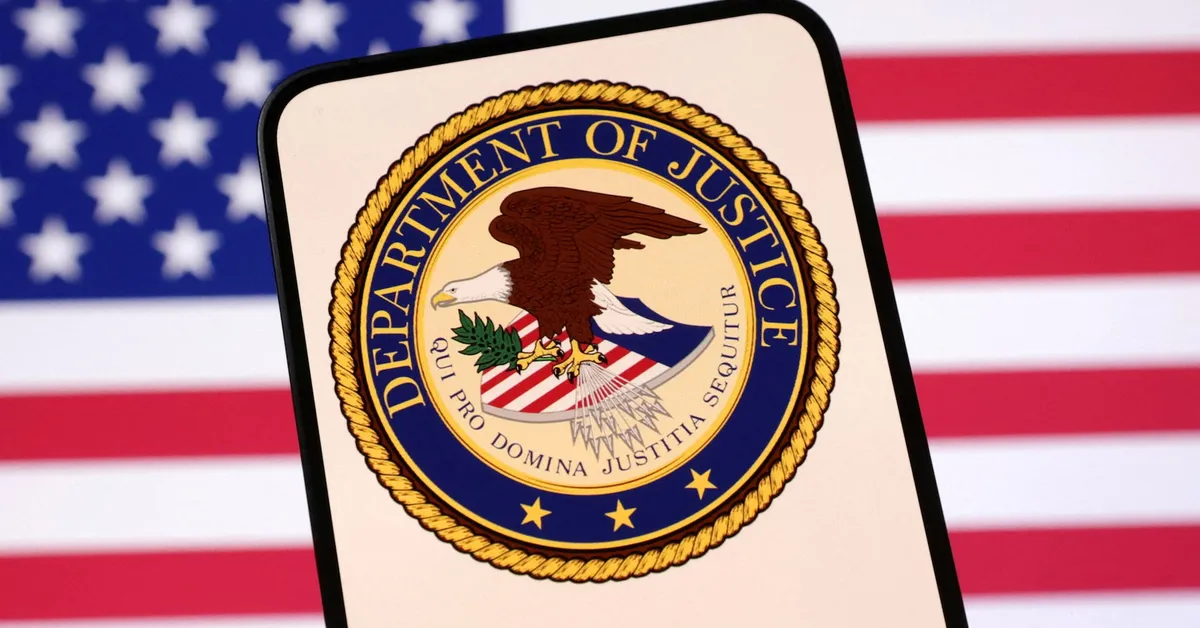
WASHINGTON, May 21 (Reuters) - The Trump administration has made a significant decision to halt efforts aimed at establishing federal oversight of police departments in Minneapolis and Louisville, Kentucky. This decision comes despite previous findings from the government indicating that these departments routinely violated the civil rights of Black individuals. In a substantial rollback of federal civil rights investigations, the Justice Department announced on Wednesday that it would also be terminating investigations and rescinding findings of misconduct against six additional police departments. These probes were initiated in the wake of widespread global protests advocating for racial justice that erupted in 2020.
Harmeet Dhillon, the assistant attorney general for the Civil Rights Division of the Justice Department, emphasized during a press conference that federal oversight of local police should be a rare exception, not the norm. She stated, “Control of police belongs with their communities rather than unelected bureaucrats.” As part of this decision, the department will seek to dismiss ongoing litigation against both cities and retract its previous findings regarding constitutional violations.
This announcement comes just days before the five-year anniversary of George Floyd's death. Floyd, a Black man, was murdered by Derek Chauvin, a white officer in Minneapolis, who knelt on his neck while Floyd repeatedly pleaded for breath. The killing of Floyd, alongside the tragic death of Breonna Taylor, who was shot by Louisville police while executing a no-knock warrant, triggered massive protests worldwide concerning racially motivated policing practices during the final year of Donald Trump’s presidency.
In response to the Justice Department's actions, the mayors of both Minneapolis and Louisville expressed their commitment to continuing the reforms mandated by the federal agreements. Minneapolis Mayor Jacob Frey stated, “Neither Trump nor anyone in Washington can stop us from doing this work that we are indeed committed to.”
Dhillon also indicated that the Justice Department would be concluding investigations and retracting previous findings of misconduct against police departments in Phoenix, Memphis, Trenton, Mount Vernon, Oklahoma City, and the Louisiana State Police. Minneapolis and Louisville were highlighted as the two most prominent cities investigated for systemic police abuse under the Biden administration, and they were the only cities to have agreed in principle to enter into a court-approved settlement with the DOJ, known as a consent decree.
As part of its ongoing review, the DOJ is assessing all federal consent decrees, many of which were established during the presidency of Barack Obama, to determine their future. The recent moves announced by the Justice Department would largely reverse years of efforts focused on police oversight during Biden's presidency and signify a retreat from the department's historic role in investigating and monitoring troubled police departments.
Ben Crump, a civil rights lawyer representing the families of both Floyd and Taylor, criticized the DOJ's actions, stating that the department is not merely rolling back reforms but is also attempting to erase the truth and contradict the foundational principles of justice. “These consent decrees and investigations were not symbolic gestures; they were lifelines for communities crying out for change,” Crump remarked in a statement.
In the wake of the DOJ's decision, Louisville Mayor Craig Greenberg announced plans to hire an independent monitor to evaluate the police department's progress, allocating $750,000 from the city's budget for this purpose. Greenberg confirmed that the goals for reform remain unchanged, stating, “It will just be a different process.” Minneapolis has also entered into a similar agreement with the state of Minnesota to reform its police practices, which will continue to be enforced despite the federal agreement's dissolution.
Both reform agreements were designed to implement extensive changes in police training, use-of-force policies, and internal disciplinary measures. In 1994, Congress authorized the Justice Department to conduct civil investigations into constitutional abuses by police, such as excessive use of force or racially motivated policing, in response to the infamous beating of Rodney King by Los Angeles police officers.
During Biden's presidency, the Civil Rights Division initiated a total of 12 such pattern or practice investigations into various police departments. However, the division has yet to establish any court-binding consent decrees over the past four years, raising concerns among legal experts that this lack of binding agreements could jeopardize the momentum of police accountability efforts. Under the Trump administration, the Civil Rights Division shifted its focus away from protecting vulnerable populations and toward conservative issues, including gun rights and antisemitism on college campuses. Since Trump resumed power in January, the division has reportedly lost over 200 attorneys, as stated by Dhillon during the press briefing.